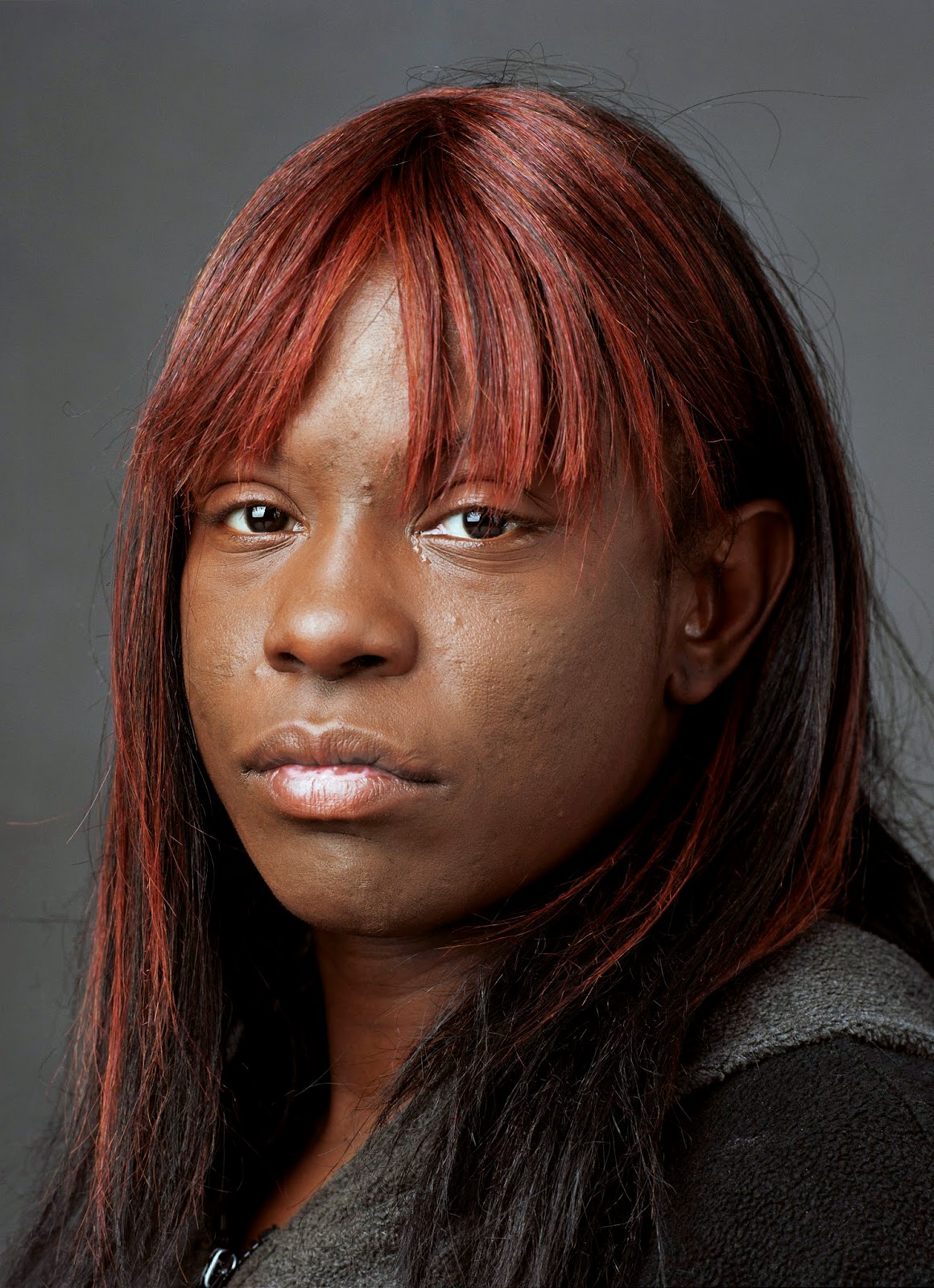Jan Banning (1954) is a Dutch artist/photographer, based in Utrecht, the
Netherlands.
Jan was born in Almelo (Netherlands) on
May 4, 1954, from Dutch East Indies parents. He studied social and economic
history at the University of Nijmegen. Both of these facts have had a strong
influence on his photographic works.
His origin is expressed in the choice of subjects, such as Indonesian women who were forced to become prostitutes for the Japanese army during the Second World War in ‘Comfort Women’; or former forced labourers in South East Asia during the same period in ‘Traces of War: Survivors of the Burma and Sumatra Railways’; also the repatriation of elderly Moluccans from the Netherlands to the Indonesian Moluccas in ‘Pulang: Back to Maluku’.
His study of history can be seen in the historical components of his subject matters. His academic education is expressed in his aim to achieve sound intellectual foundations for his projects on the basis of a thorough preliminary investigation. De Volkskrantreviewer Merel Bem wrote: ‘Each subject that Banning approaches (…), the photographer dives right in with the passion of a scientist’; and ‘This investigative approach might be an explanation for the fact that the form is a direct, concentrated and controlled result from the content’ (in De Volkskrant 8-5-2010, review of ‘Comfort Women’).
This academic basis can also be seen in his often conceptual approach and his regular use of the typological method (visual research in which he looks for variations within a tightly repeated form). Jean Dykstra wrote (in Art on Paper, Sept/Oct. 2008): ‘Borrowed from the methodology of science, it allows for differences to emerge within a category of similar things.’
His origin is expressed in the choice of subjects, such as Indonesian women who were forced to become prostitutes for the Japanese army during the Second World War in ‘Comfort Women’; or former forced labourers in South East Asia during the same period in ‘Traces of War: Survivors of the Burma and Sumatra Railways’; also the repatriation of elderly Moluccans from the Netherlands to the Indonesian Moluccas in ‘Pulang: Back to Maluku’.
His study of history can be seen in the historical components of his subject matters. His academic education is expressed in his aim to achieve sound intellectual foundations for his projects on the basis of a thorough preliminary investigation. De Volkskrantreviewer Merel Bem wrote: ‘Each subject that Banning approaches (…), the photographer dives right in with the passion of a scientist’; and ‘This investigative approach might be an explanation for the fact that the form is a direct, concentrated and controlled result from the content’ (in De Volkskrant 8-5-2010, review of ‘Comfort Women’).
This academic basis can also be seen in his often conceptual approach and his regular use of the typological method (visual research in which he looks for variations within a tightly repeated form). Jean Dykstra wrote (in Art on Paper, Sept/Oct. 2008): ‘Borrowed from the methodology of science, it allows for differences to emerge within a category of similar things.’
Banning’s work always has a social
focus. The social political environment is put at the fore and it often
concerns subjects that have been neglected within the arts and are difficult to
portray: state power, consequences of war, justice and injustice. Sometimes the
work is the result of a sociological or anthropological classifying approach,
such as ‘Bureaucratics’, a
comparative study of the world of government officials. Other times he focuses
more on the psychological aspects; on the divergent influence that major social
events have on individuals (‘Comfort
Women’, ‘Traces of War’, ‘Down and Out in the South’).
His projects usually have a personal
point of departure, but are never ‘private’: he places the subjects that stem
from his private life in a larger social context. To give an example: the
history of Banning’s father and grandfather who were forced to do hard labour
during the war is not only limited to something biographical related to those
two family members, but instead it is broadened into a research into the
long-term influence of abuse and humiliation on European and Asian labour
slaves (‘Traces of War’).
Banning’s art work has been acquired by
museums such as the High Museum of Art, Atlanta, GA; the Museum of
Fine Arts, Houston, TX; the Rijksmuseum, Amsterdam (for more on collections,
see here).
It has been published in print media such as The New Yorker, Newsweek, Time, The Guardian Weekend, Sunday Times Magazine, GEO, l’Espresso, Vrij Nederland and many others.
For a selection of his exhibitions, click here.
It has been published in print media such as The New Yorker, Newsweek, Time, The Guardian Weekend, Sunday Times Magazine, GEO, l’Espresso, Vrij Nederland and many others.
For a selection of his exhibitions, click here.
All images © Jan
Banning



















%2Bis%2Bresponsible%2Bfor%2Bthe%2Barchives%2Bof%2Bthe%2BMinistry%2Bof%2BTrade%2Band%2BCommerce%C3%8Ds%2Bgovernorate%2Bs%2Boffice%2Bin%2Bthe%2Bcity%2Bof%2BTaizz%2C%2BTaizz%2BGovernorate.jpg)






Nessun commento:
Posta un commento